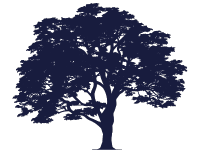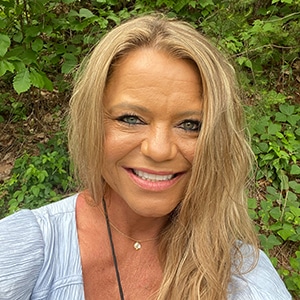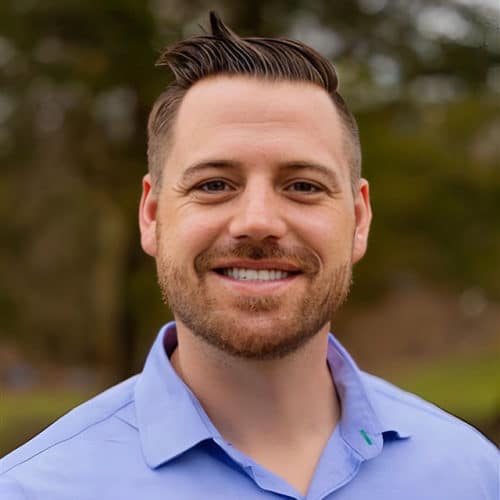Pasadena Villa
Alum Program

At Pasadena Villa Smoky Mountain Lodge, treatment extends beyond formal programming — because continued support is essential for lasting recovery and well-being. Our Alum Program offers various resources and opportunities for connection and community as they navigate recovery and life after treatment.
our guiding principles
The Three C's
Our Alum Program is designed to provide ongoing support and connection for individuals and their families after treatment, fostering a sense of community and empowering long-term recovery. At its core are our Three Cs:
1.
Connect.
We create meaningful connections between alums, their families, and our supportive communities, ensuring no one walks the journey of recovery alone.
2.
Commit.
Our team is dedicated to offering unwavering guidance and support, helping alumni and their loved ones stay focused on lasting healing.
3.
Cultivate.
Together, we nurture strong, empowering communities that inspire growth, resilience, and lifelong recovery.
alum program components
Here for Each Other
Discharge group
Held during each client’s stay, this group provides a space to check in, share experiences, and receive guidance about the alum program and the transition process.
Alum support group
This weekly group offers alums an opportunity to share post-treatment experiences, find encouragement, and receive ongoing support.
Family support group
Families of alums connect in this weekly group, sharing their experiences with others who understand and finding the support they need during the recovery journey.
Hear From Our Alumni
Meet Our Alum Team

Buffy Russell
Alumni Relations Coordinator

Stefan Glamp
National Director of Alum Services, Odyssey Behavioral Health

